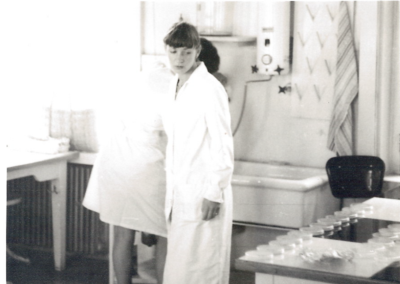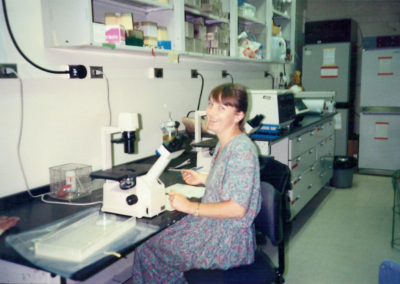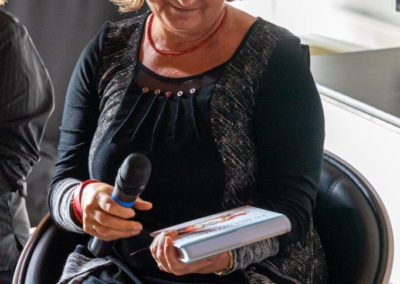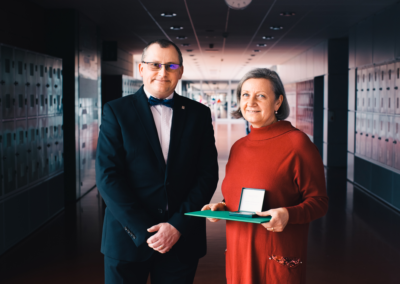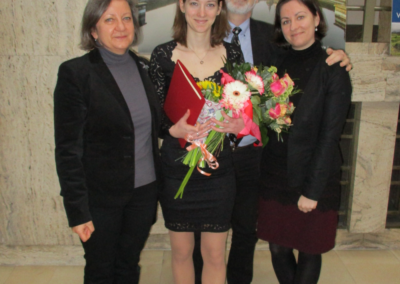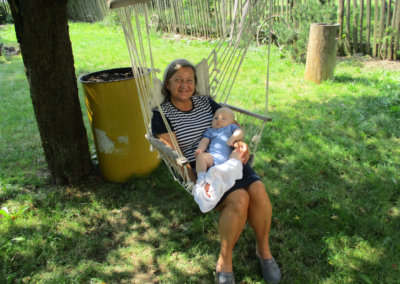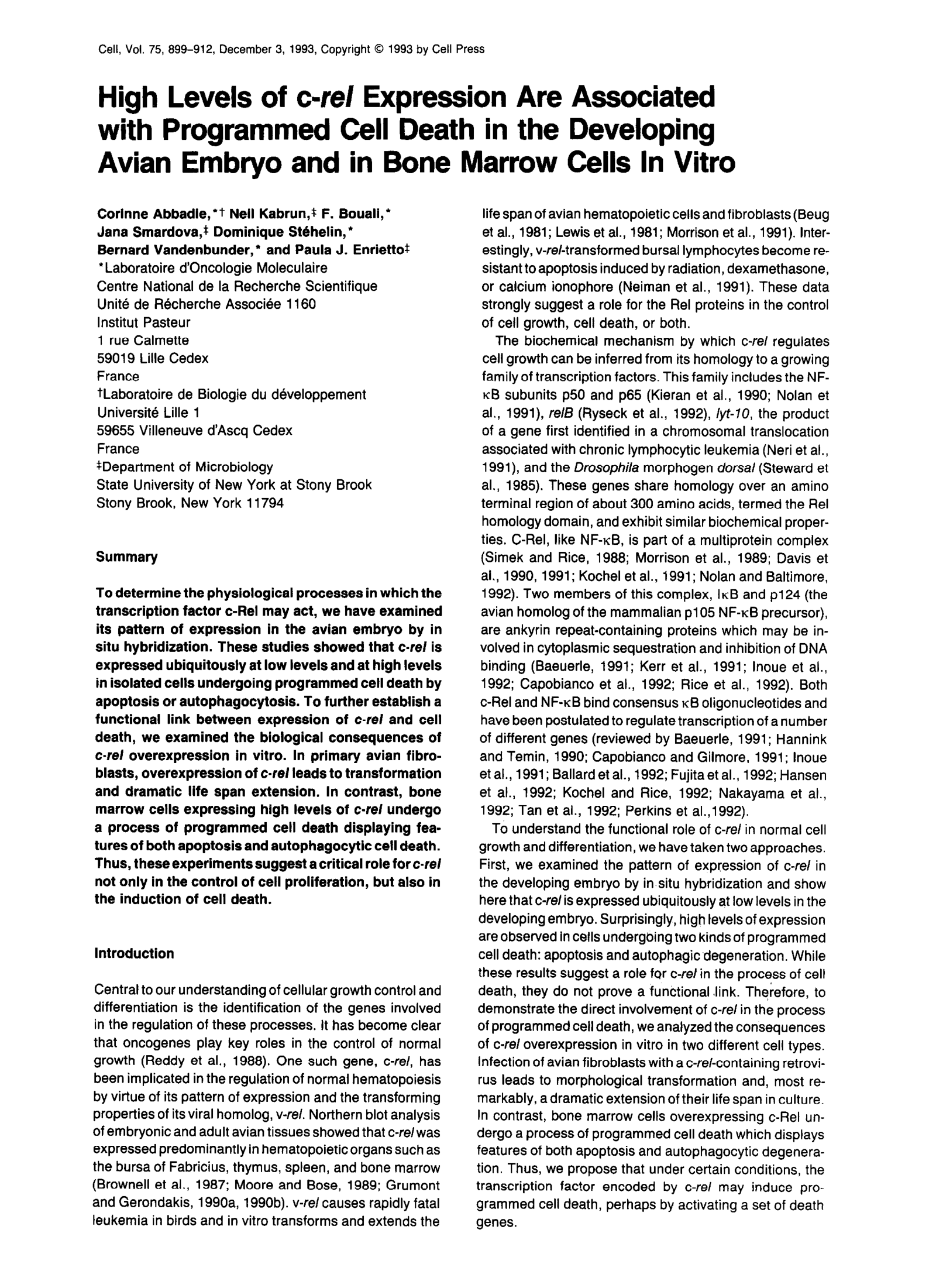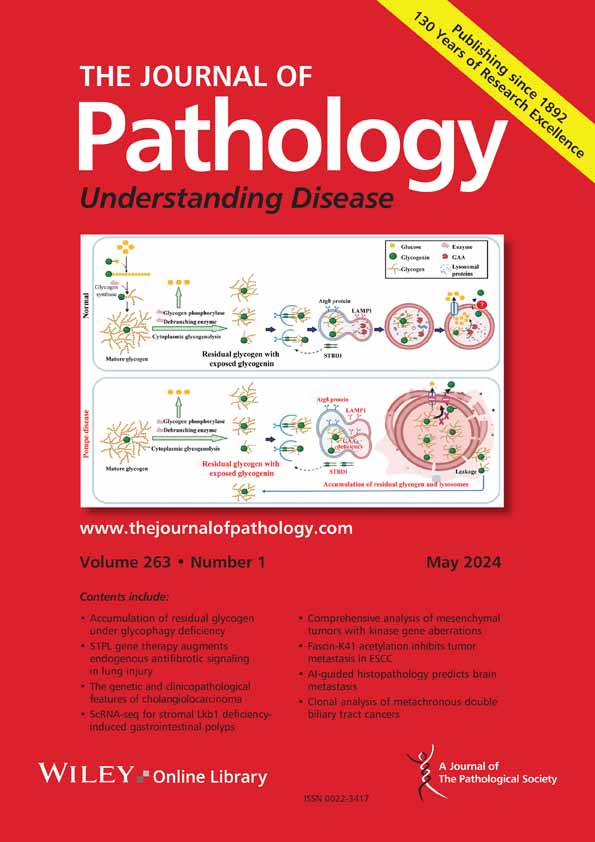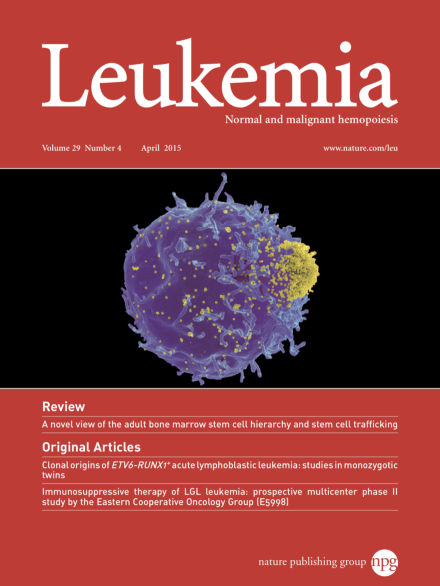The Life of
Jana Šmardová
Prof. Jana Šmardová, Ph.D. (1961–2023) studied molecular biology at the Faculty of Science, Masaryk University (formerly J. E. Purkyne University) in Brno, Czech Republic, and completed her postgraduate studies at the Institute of Microbiology of the Academy of Sciences of the Czech Republic in Prague. During her postdoctoral stay at the State University of New York at Stony Brook, USA, she began to focus on tumor biology. She worked at the Masaryk Memorial Cancer Institute in Brno and later headed the Molecular Pathology Laboratory at the University Hospital in Brno. In her research, she focused on uncovering the molecular mechanisms of the tumor development. She is the author or co-author of numerous articles published in scientific journals. She was the first researcher in the Czech Republic to introduce the technology of functional analysis of the tumor suppressor TP53 into clinical application.
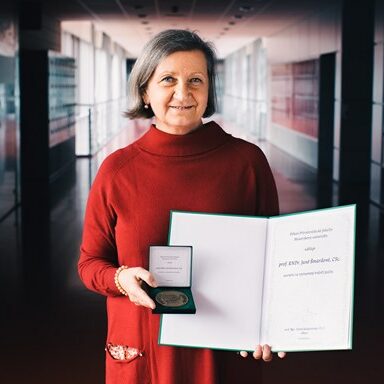

From 1999 to 2023, she worked at the Department of Experimental Biology at the Faculty of Science of Masaryk University, where she taught molecular biology, specializing mainly in tumor biology. One of her most successful courses was the lecture series „Tumor Biology for Everyone or Cell Philosophy“, in which she conveyed her knowledge about the nature of the tumor formation in an understandable way and looked for parallels between these pathological processes in our bodies and the problems of our society today. The book „What Tumors Teach Us“ follows a similar line: it combines the scientific world of oncology with a general humanistic message.
The most important publications
Cell
Vol. 75, 899-912, 1993
High-levels of c-rel expression are associated with programmed cell-death in the developing avian embryo and in bone-marrow in vitro
Journal of Pathology
Vol. 207, 251-259, 2005
Discriminating functional and non-functional p53 in human tumours by p53 and MDM2 immunohistochemistry
Leukemia
Vol 29, 877-885, 2015
Detailed analysis of therapy-driven clonal evolution of TP53 mutations in chronic lymphocytic leukemia



